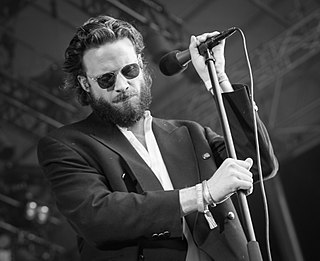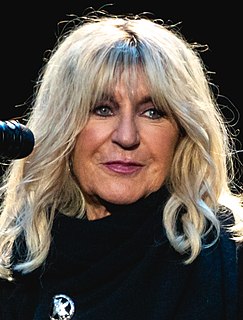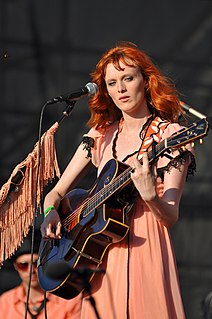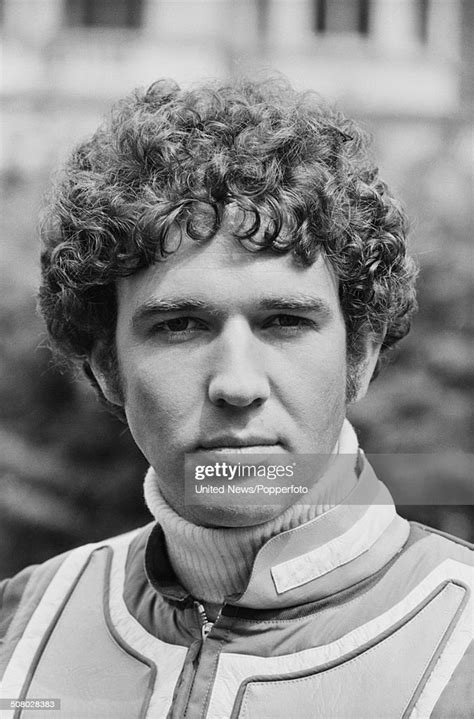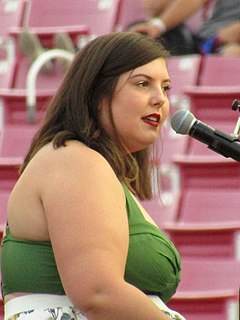A Quote by Simon Mainwaring
As any speaker will tell you, when you address a large number of people from a stage, you try to make eye contact with people in the audience to communicate that you're accessible and interested in them.
Quote Topics
Related Quotes
The most important thing in my life, and the thing I try to focus on, is to try not to live a life of cruelty. That means trying to make sure I look people in the eye when I meet them. Sometimes you jump in a taxi, or maybe you only have two minutes with someone, and you never see them again. I try to always look them in the eye and have a real experience of what it is to communicate with someone.
You look out into the audience and you see so much joy on people's faces. You make eye contact with people who are almost crying because they can't believe they're seeing the Rumours five back again, they can't believe their eyes. It's almost like a family reunion on stage, there's no angst, there's no animosity, there's just tremendous amount of friendship.
A horse perceives eye contact as provocative, as if it and its status in the herd are not being respected. If it cannot avoid eye contact, it will react in a different way, by rebelling for example. In dressage you don't get anywhere by not showing respect, however superior your species might be. Any animal trainer can tell you that. In the mountains in Argentina there's a wild horse which will jump off the nearest precipice if any human tries to ride it.
I will miss the contact with the people - the privilege of trying to communicate to people every day that the court system is going to work for them the way it's supposed to work. That doesn't guarantee they're going to get the result they want, but the court is going to listen and follow the law and try to make a fair decision. That is an awesome privilege and responsibility I will miss.
Normally classical music is set up so you have professionals on a stage and a bunch of audience - it's us versus them. You spend your entire time as an audience member looking at the back of the conductor so you're already aware of a certain kind of hierarchy when you are there: there are people who can do it, who are on stage, and you aren't on stage so you can't do it. There's also a conductor who is telling the people who are onstage exactly what to do and when to do it and so you know that person is more important than the people on stage.





